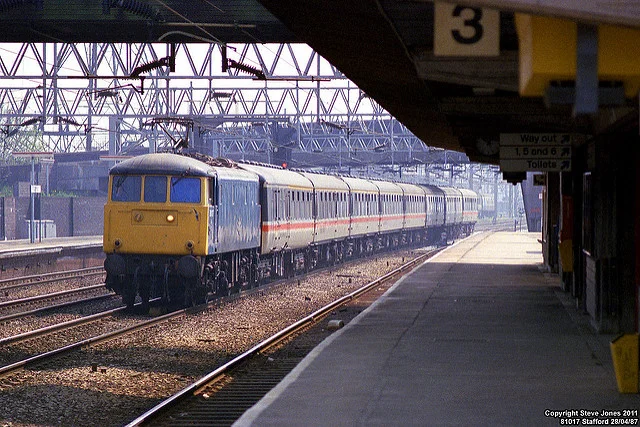How the far right is using anger on social media to change politics
Restaurant reviews aren’t something that I read. Occasionally one, such as this, pops up in my Facebook or Twitter feed. So, according to Facebook or Twitter, I am only interested in especially bad restaurant reviews.
I know that I’m not interested in particularly good or bad restaurant reviews, but the really bad ones (especially for a high profile restaurant) get a lot of shares and thus reach a wider audience. I am part of that wider audience for bad reviews that get shared a lot.
Film reviewer Mark Kermode has said that his worse reviews are more widely shared and travel further than his more positive ones. I can remember his rants about terrible films such as Dirty Grampa or Entourage: The Movie, but I can’t remember any of his glowing reviews off the top of my head.
Why do bad reviews travel further? It’s because there’s something satisfying about sharing an especially bad or angry review. A powerful sense of social media schadenfreude. There is something satisfying about saying, “take a look at this guy get taken down a peg”.
The same applies for political stories. It is cathartic to share an especially angry comment piece, that really lays into a politician or party that we hate. It’s much more cathartic than sharing a piece that celebrates someone we love. Most cathartic of all is sharing a piece expressing how angry we are about a snub or injustice aimed at a politician we love. Those pieces are shared more widely than the worst restaurant reviews.
This mechanism is essential to how social media platforms work. Stories that inspire an emotional reaction get more shares and find their way into in our time lines. By showing the most shared content - along with a few smart design tricks - platforms like Facebook or Twitter keep our eyeballs on their apps. There is even evidence this might be addictive.
Angry content seems to get the most shares and engagement, much more than anything positive, so social networks are designed to bring angry content to millions of people. This has not escaped the attention of the far right who are using this mechanism to reach a bigger audience via Facebook or Twitter than ever before. We thought Nazis were a thing of the past. Now they’re in our timelines recruiting people, getting stronger.
In the news this week has been data firm Cambridge Analytica, the information warfare mercenaries for hire connected to everything from Brexit to the election of Donald Trump. Angry shares on Facebook are Cambridge Analytica’s weapons in their electoral battles. Their “psychographics” are just clever ways of finding out what will push different groups of people’s rage buttons and how to target them on social media.
What Cambridge Analytica and the alt-right have in common is that they are taking advantage of how angry content is shared on social media platforms to reach a wider audience. They are using their intelligence to engineer the spread of their propaganda via our cathartic rage-sharing.
Social media platforms have an important role in this. We get most of our news via Facebook or Twitter but they don’t make money by providing quality news, social media platforms make their money by selling advertising to engaged users. They need the engaging content to keep users hooked and angry content is the best hook. By supplying users with a constant stream of rage-shares, they are keeping us hooked and consuming more adverts.
All this has an affect offline. What goes on online is no longer a separate world. Nazis openly marching in Charlottesville, attacks on refugees in Italy or the far right making noises in the UK is all possible because of the exposure these groups are getting online. They are growing, recruiting more members and getting stronger. We should be very worried about this.
What is the solution to all this? Better regulation of social media platforms would help. Facebook and others need to recognise their obligations as a media company not to spread hate speech and to provide an informed discourse to their readers.
We have a role too as social media users. We need to be responsible social media users. If we carry on constantly being angry we are just fueling the rise of hate preachers or the far right. We need to think before we rage-share. There is real world consequences for creating an atmosphere of constant rage on social media. One place to start would be to share reviews of places we like to eat. Bon appetit.






